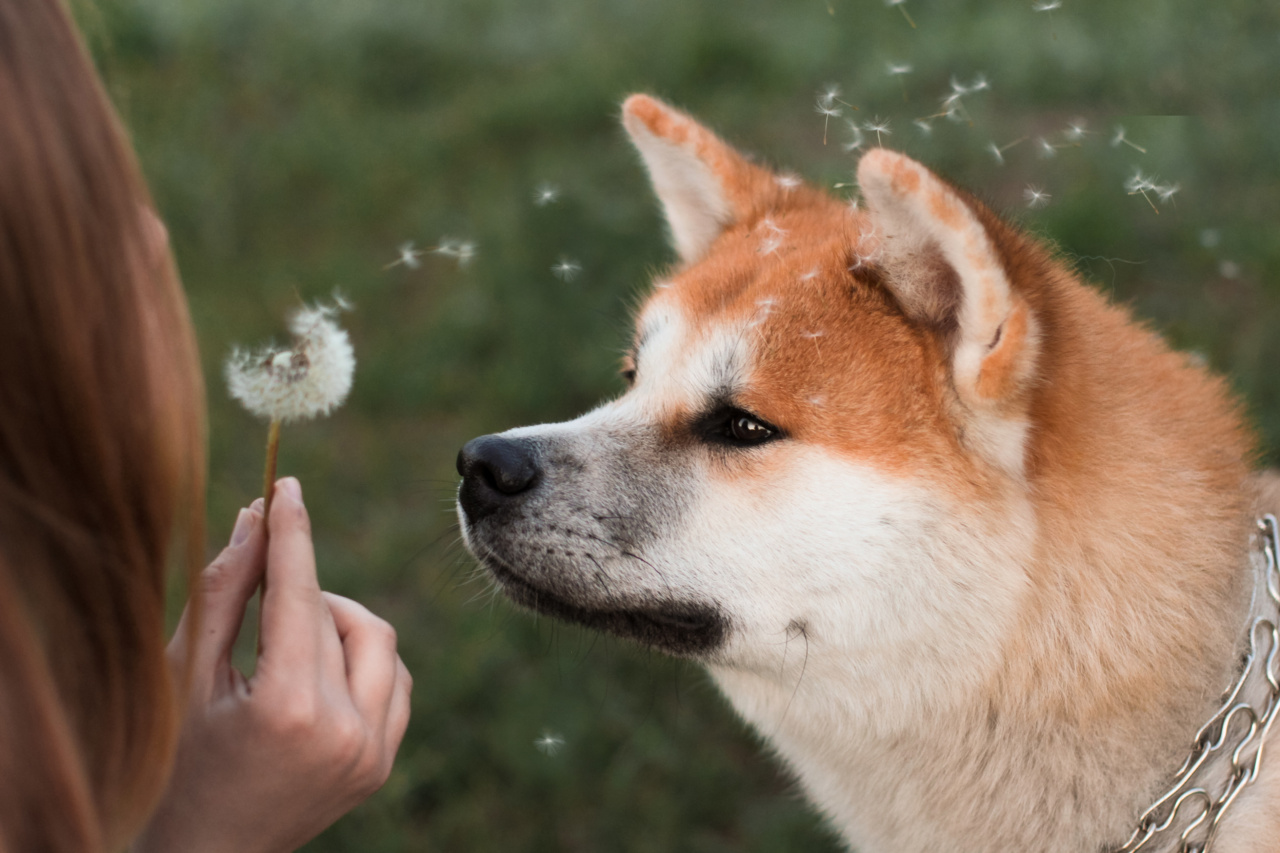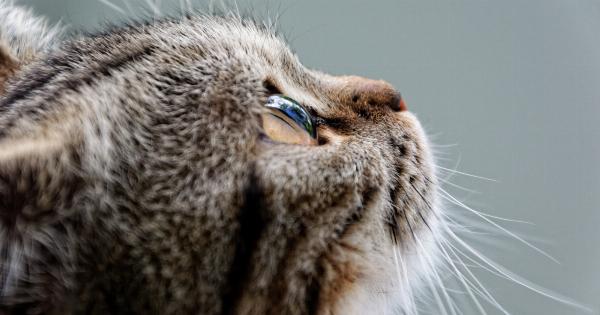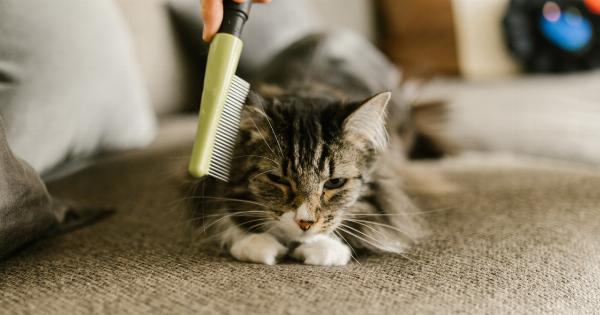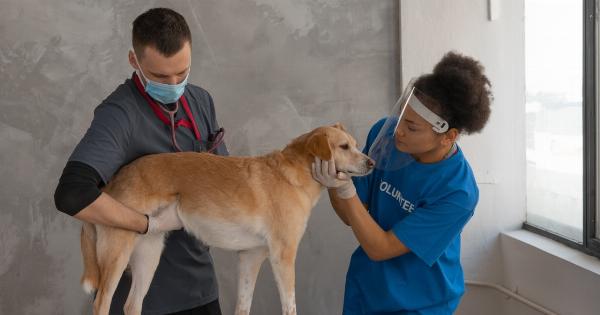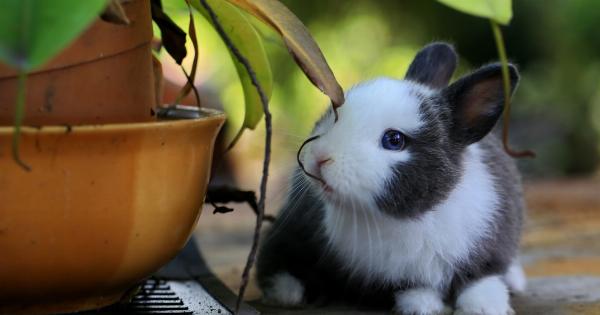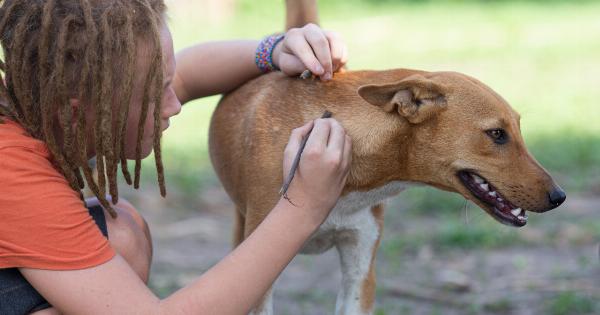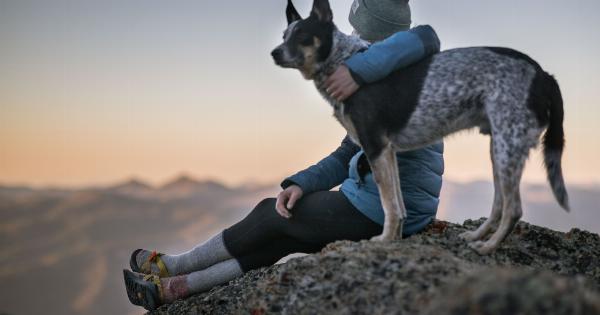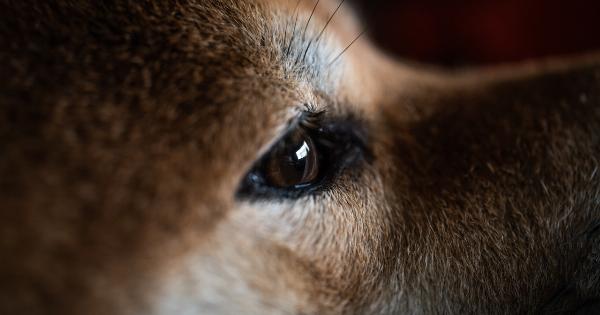Having a pet animal is a fulfilling experience that brings joy and companionship to many people’s lives.
Whether you live in a rural area or an urban setting, taking care of a pet comes with a set of responsibilities that should not be taken lightly. In this article, we will explore the importance of understanding pet animal responsibilities from both a rural and an urban perspective.
Rural Pet Animal Responsibilities
In rural areas, owning a pet animal often means having more space and freedom for them to roam. However, this also comes with added responsibilities to ensure their safety and well-being. Here are a few key aspects to consider:.
1. Shelter
Providing a suitable shelter for your pet animal is essential, especially in rural settings where they may be exposed to harsh weather conditions.
A sturdy and comfortable doghouse or a warm barn for larger animals like horses or cows should be readily available. Regular inspections and maintenance of the shelter are necessary to keep it secure and comfortable.
2. Food and Water
Feeding your pet animal a well-balanced diet is crucial for their overall health. In rural areas, animals may have access to grazing land or pastures, but supplementary feeding may still be necessary.
Ensuring a constant supply of clean and fresh water is also essential.
3. Exercise
Rural areas often provide ample space for pet animals to exercise and explore. Allowing them regular exercise not only keeps them physically fit but also helps prevent boredom and behavioral issues.
Regular walks, supervised playtime, or access to a securely fenced area are all important for their mental and physical well-being.
4. Veterinary Care
Access to proper veterinary care can be limited in rural areas, so it’s vital to plan regular check-ups and vaccinations for your pet animal.
Additionally, being aware of common diseases or health issues prevalent in the area can help you take preventive measures to protect your pet.
Urban Pet Animal Responsibilities
In urban settings, the dynamics of owning a pet animal can be different due to limited space and specific regulations. However, the responsibilities remain just as critical. Let’s explore some essential aspects:.
1. Indoor Space
In urban areas, pets typically have limited access to outdoor spaces. As a responsible pet owner, it’s important to provide them with enough indoor space for exercise, play, and relaxation.
This can include designated areas for them to rest, play with toys, and scratch posts for cats.
2. Training and Socialization
Urban environments can be busy and crowded, making it essential for pets to be well-trained and socialized. Basic obedience training, teaching commands, and leash manners are important to ensure their safety and the safety of others around them.
Socializing them with different people and animals will also help reduce anxiety and prevent aggressive behaviors.
3. Waste Management
Proper waste management is crucial in urban areas to maintain cleanliness and abide by local regulations. Always pick up after your pet and dispose of waste in designated bins. This ensures that public spaces remain safe and clean for everyone to enjoy.
4. Stimulating Environment
As pets in urban settings may have limited access to natural environments, it’s crucial to provide them with a stimulating environment indoors.
Interactive toys, puzzle games, and designated scratching posts can help prevent boredom and destructive behaviors.
Conclusion
Whether you live in a rural area or an urban setting, being a responsible pet owner entails understanding and fulfilling the specific responsibilities that come with it.
From providing proper shelter, food, and veterinary care, to ensuring proper training, waste management, and a stimulating environment, these responsibilities ensure the well-being and happiness of your beloved pet animal. By embracing these responsibilities, you enhance the bond and companionship between you and your pet.
